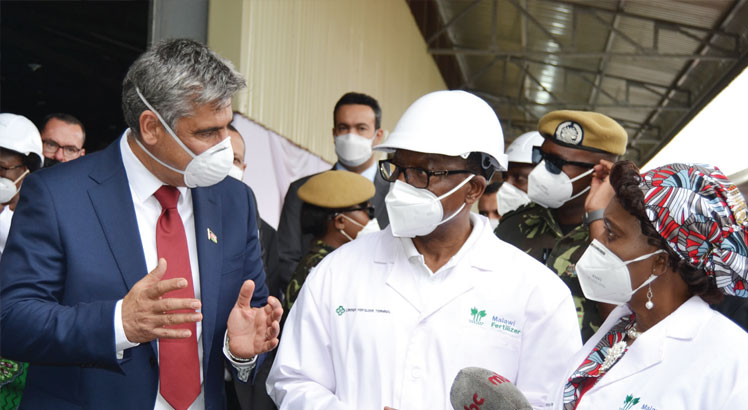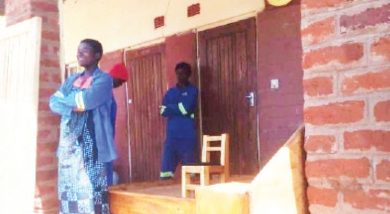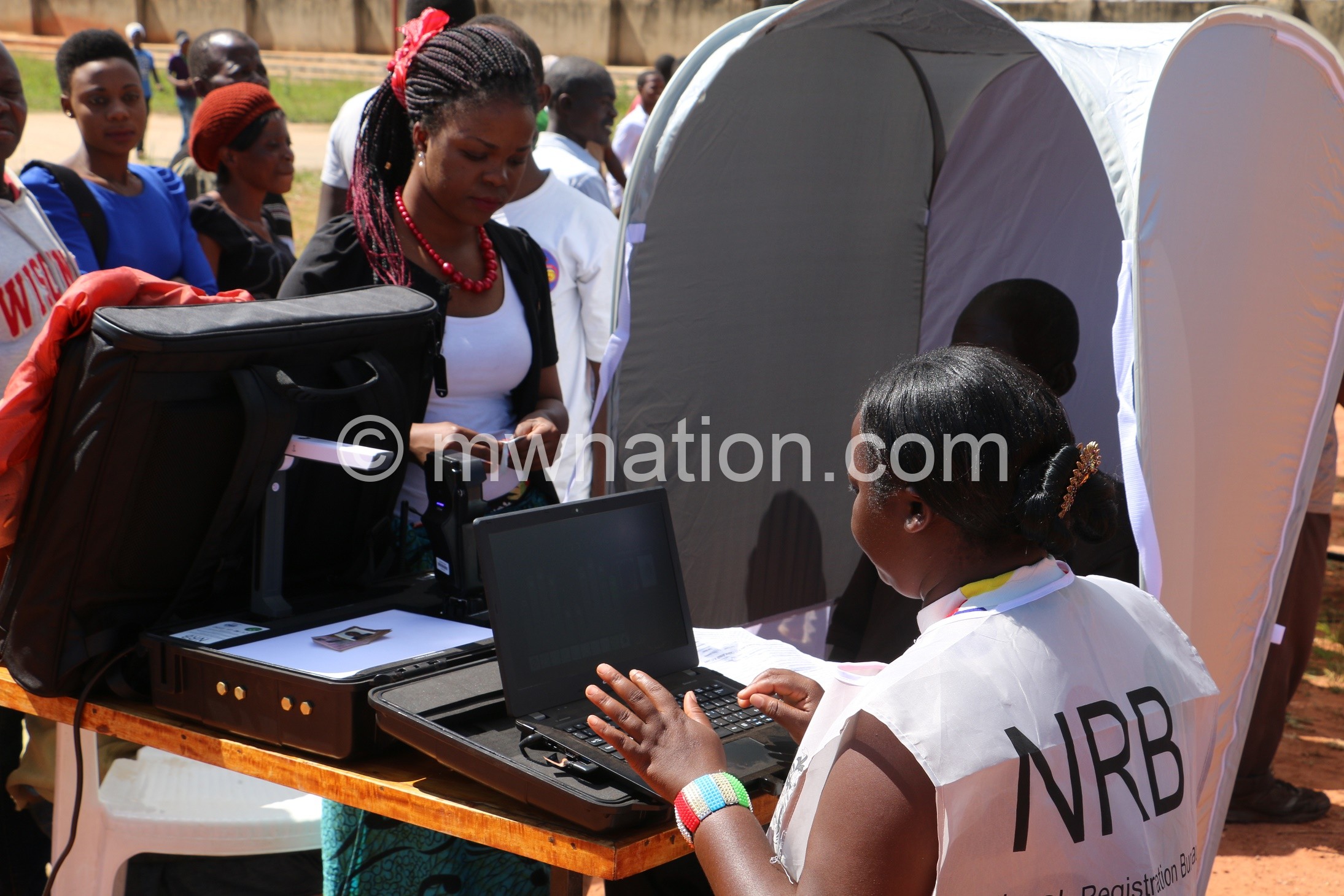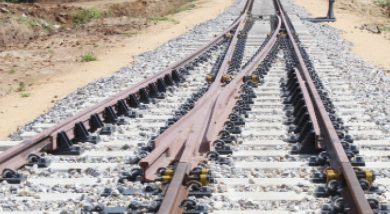Low cost fertiliser will help exit AIP—Chakwera
President Lazarus Chakwera says the opening of Liwonde Fertiliser Terminal by Malawi Fertiliser Company (MFC) is a big step towards addressing the problem of high prices of fertiliser in the country.
Speaking in Liwonde where he commissioned MFC’s new facility, the President said cheap fertiliser produced locally could also help government exit the Affordable Inputs Programme (AIP).
He said: “There are those who ask me what is our exit strategy for the Affordable Inputs Programme which we are launching this coming Saturday.
“My answer is that a big component of our exit strategy is building our capacity to produce fertiliser for ourselves through plants like this one.”

Chakwera said what makes AIP expensive is the fact that the farm inputs are imported and become highly expensive for local farmers.
He said: “This inputs programme is largely an imports programme, and plants such as this one ensure that we start transitioning from that.
“However, on this point, I want to make a special appeal to the proprietors of this plant who are here present. There is a danger and risk that this plant can become a weapon that weakens our farmers and works against Malawi’s quest for self-reliant industrialisation.”
Chakwera said currently farmers are buying fertiliser at higher prices due to lack of manufacturers of the commodity locally.
“I am, therefore, pleased with this fertiliser terminal and blending plant because it is the first of its kind in Malawi. It will go a long way to complement government’s efforts to improve agricultural productivity and increase farmers’ access to high quality and affordable inputs,” he said.
MFC chief executive officer Christos Giannakis said the facility will empower Malawians through 100 new jobs to be created.
“In recognition of government’s efforts to empower its citizens through agriculture and industry, we came up with the company to help farmers to access cheaper fertilisers and to also employ some people,” he said.
Speaking earlier, Minister of Agriculture Lobin Lowe expressed concern with the prices of the fertiliser in the country, saying they are too high for the smallholder farmer.
He said: “The current price of fertiliser [K40 000 per 50 kilogramme bag] is high for the poor farmer. As government, we need to find ways of solving this problem.”
The minister assured farmers that all preparations for 2021/22 AIP rollout were in place and that the programme will be launched this Saturday.
But Lowe warned fertilizer suppliers that government will not bow down to pressure to revise the AIP price, saying those who do not wish to sign their contracts will not participate in the programme.
In September, the minister announced that government will buy AIP fertiliser at a capped price of K27 000 while beneficiaries will contribute K7 500 per 50 kilogramme bag.
However, Fertiliser Association of Malawi, a 17 member body, cried foul over the capped prices, saying they are not a fair market value.
The association’s executive administration officer Mbawaka Phiri told The Nation that it will be hard to recover money invested in supplying AIP fertiliser.
“The price is for landing cost and it does not include expenses incurred locally,” she said.
But agriculture policy analyst Tamani Nkhono-Mvula yesterday cautioned against pinning hopes on local fertiliser production as the solution to current price woes, saying there are a number of factors at play which impact on fertiliser prices.
He said: “Fertiliser can indeed be cheaper if it was produced locally if we consider the factors that have led to the current spike in prices which is mainly the cost of logistics.
“The Covid-19 pandemic has [also] affected the supply chains of most commodities, including fertiliser making their landing costs in Malawi to be high, as such, if the fertiliser was produced locally, this could have meant that this problem could have been avoided.”
However, Nkhono-Mvula said fertiliser may not necessarily be cheaper because it is being produced locally.
In an interview yesterday, Fertiliser Association of Malawi chairperson Mbawaka Phiri cast doubt on the possibility of the terminal contributing to a reduction in the price of fertiliser, saying most of the raw materials the company will be using will be imported. He said such imports will come along with taxes, thereby forcing the company not to slash the prices further.
He said: “Most of the materials used to blend the fertilisers, such as phosphorus, zinc come from abroad. Unless if this company uses locally available resources such as limestone, then may be the prices may be lower.
“But other than that, I challenge that the prices cannot go less than K23 000 which is on the high side too to the smallholder farmers.”
Mbawaka also reminded Malawians that with the use of local materials, there is a likelihood that the fertilisers will be of low quality.
The MCF fertiliser terminal has a blending capacity of 2 400 metric tonnes per day and 40 000 metric tonnes holding capacity





